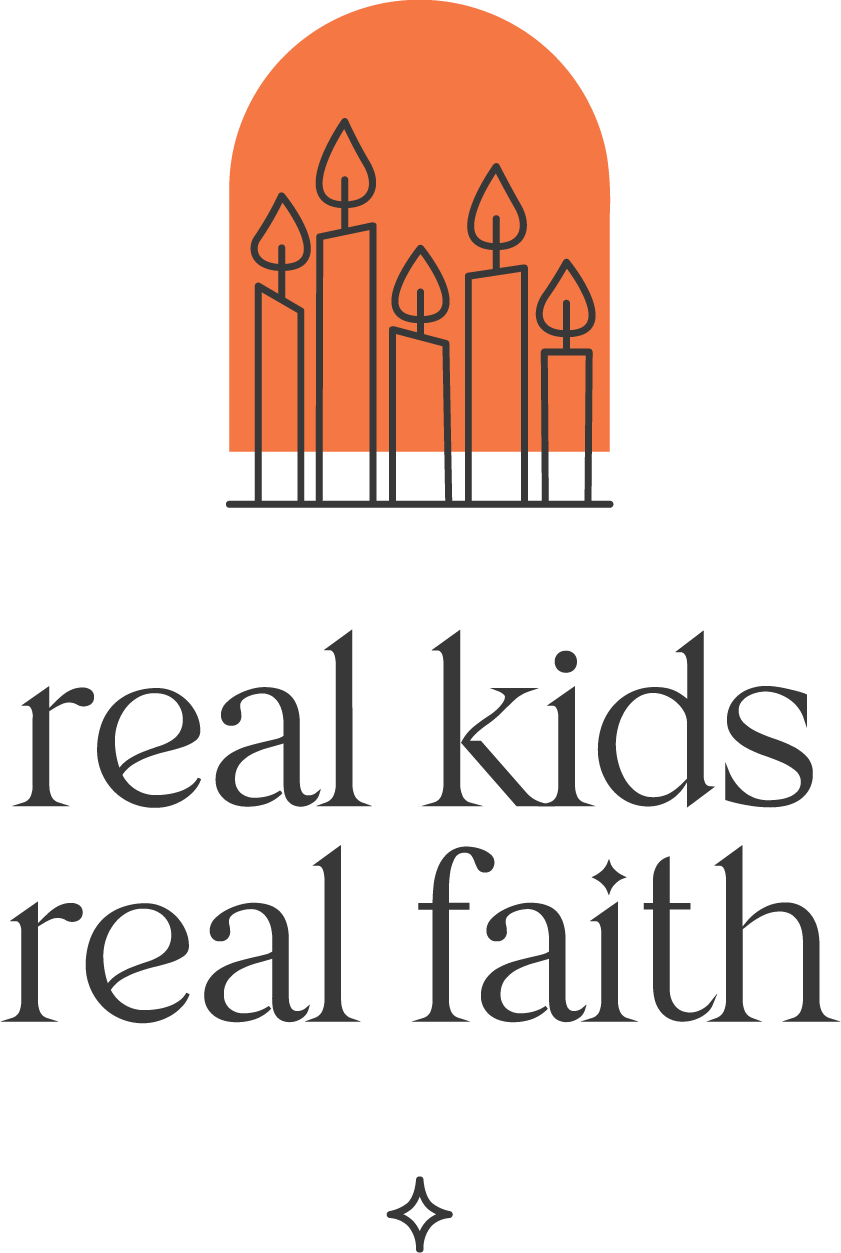It’s Black History Month once again in the U.S., when teachers and group leaders plan lessons celebrating African American figures and exploring the dynamics of race and racism in America. There are many great approaches: reading books featuring Black heroes, mapping the Underground Railroad, listening to speeches by Martin Luther King, Jr., visiting museum exhibits. This year, consider adding interviews of African American community members to the mix.
Personal interviews create an opportunity for children to engage in a living Black history project. They not only hear about historic events from eye witnesses, they also preserve historical accounts that people in the future can access. Some children may interview older relatives to get their perspectives. Others may select community elders to learn how they helped shape policies or resisted discriminatory practices.
Successful projects require some preparation. Model asking questions and listening carefully to another’s responses. Demonstrate how leaning toward a speaker shows interest and encourages them to share their thoughts. Provide examples of simple follow-up questions, such as “Can you tell me more about that time?”, “How did you feel when that happened?” or “What did your friends/family think about that?” Coach older children to repeat something their interviewee has said and then ask for more information.
Provide children with a list of sample questions they might use in their interviews. StoryCorps has an extensive list, sorted by types of interviewees (e.g., grandparents, parents, teachers) and topics (e.g., relationships, justice, family heritage). Invite kids to pick 5-6 that interest them. Young children might ask “What do you remember about being a kid?”, “What’s the most important thing that ever happened to you?”, “What’s a funny story about your family?” or “When did you feel really proud(sad/angry/happy)?” Older children might ask more probing questions, such as “When have you felt disrespected?”, “How do you want people to remember you?”, or “What unfulfilled dreams do you have for yourself (society)?”
Once they have identified someone to interview and the questions they want to ask, help children set up and record their conversations. Children can use a recording app on their phone or Google’s free online voice recorder for laptops. They might even video record using Zoom or another virtual meeting tool. Provide a template for documenting at the start when the interview occurs (date, time), where it takes place, and who’s participating (full names and relationship or community role).
After everyone has completed their interviews, share the recordings with the group and reflect on the interviewees’ stories. Invite children to notice similarities and differences. Make a chart of the various emotions expressed and the kinds of events that elicit them. Wonder about how things have or have not changed over time. Discuss what you can do together to resist racism.
Lastly, archive the recordings so you can listen to them again in the future. Organize them by interviewee (and/or interviewer) name within a Google Drive folder or other cloud storage. Or create a limited access YouTube channel for video recordings. If children interviewed family members, suggest that they save the interview on a USB drive as well and put it in a fire-safe box at home. That way, they can access it easily when they want to remember and share their loved one’s stories.

Comments